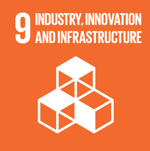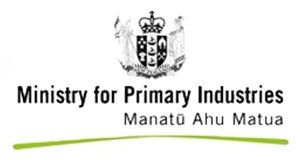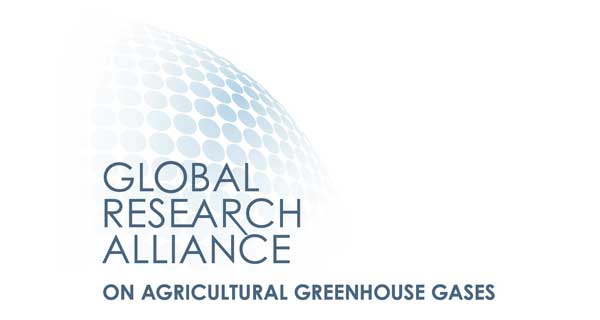Platform for the transfer and efficient use of biologicals on Latin American farms
 Chile
Chile
 Argentina
Argentina
 Colombia
Colombia
 Uruguay
Uruguay
Executive Summary
There is an urgent need for the implementation and development of more sustainable agricultural technologies. The use of bioinoculants (biofertilizers, biopesticides and biocontrollers) based on beneficial microbes which can promote plant growth and also plant protection is a promising technology that can be improved in efficacy, adoption and commercial registration for its use.
This proposal focuses on discerning gaps in the incorporation of bioinoculants in the technological toolboxes of agricultural farms in Latin America and the Caribbean (LAC) as an alternative to agrochemicals, in order to provide for the growing worldwide population and food demand.
The technological solution
Coordinated actions are proposed at several levels:
1- implementation of a collaborative network of scientific-technological cooperation between participating laboratories. This will allow evaluation of effectiveness and traceability of different bioinoculants applied under field conditions.
2- evaluate the response under field conditions of different crops to the application of prototype bioinoculants with the ability to promote plant growth and protection against pests and diseases.
3- develop actions that promote the exchange and transfer of scientific-technological knowledge between different actors (companies, farm producers, scientists and public decision-makers), promoting the use of bioinoculants for agriculture.
Results
Integration of information into bioinoculants application manuals and in a platform through a collaborative network of participating Latin American research institutes and farmers. Achievements will be actively communicated through different media to reach both specialized and general audiences. The proposed actions aim to provide innovative solutions for the development, transfer and use of bioinoculants in LAC, based on microorganisms with biofertilizing and bioprotecting capabilities.
For producers directly linked to field tests the project aims to increase crop yield by at least 10% and improve phytosanitary control by at least 15%, depending on the crop and context of the test.
Beneficiaries
38 biologicals companies, 12,007 small and medium-sized producers in each country, as well as those grouped in international associations such as PROCISUR and ALAR; 10 academic institutions, 4 mixed academic-business-producer organizations/associations: 1 Latin American and 3 government agencies.
Sustainable Development Goals





Participating Organizations
Executor
- Centro de Estudios Avanzados en Zonas Áridas (CEAZA) - Chile
Co-executor
- Corporación Colombiana de Investigación Agropecuaria (AGROSAVIA) - Colombia
- Instituto Nacional de Investigación Agropecuaria (INIA) - Uruguay
- Instituto de Investigaciones Biológicas Clemente Estable (IIBCE) - Uruguay
- Instituto de Investigaciones Agrobiotecnológicas. Universidad Nacional de Río Cuarto (INIAB UNRC ) - Argentina
Associated
- Instituto Nacional de Tecnología Agropecuaria (INTA) - Argentina






